Today, the European Parliament’s IMCO Committee will vote on the text of the European Electronic Communications Code (EECC), the EU’s legislative update on the Union’s telecoms rules. The legislation has the power to bring great value to the 112 service and emergency services throughout the EU.
How can the EECC benefit Europeans? EENA is here to give you some exclusive insight. Benoit Vivier, EENA Advocacy Officer, met Mrs Dita Charanzova, Member of the European Parliament and IMCO Rapporteur of the EECC.
| This legislation seeks to ensure that we use this – available – technology by mandating the modernisation of our emergency services. |
BV: Today, the IMCO Committee is voting on the EECC proposal. What do you see the legislation bringing to the table when it comes to the 112 service?
DC: If the Parliament’s position is adopted, what this legislation brings is one more step towards making sure that emergency services keep up with digital developments, improving safety and peace of mind for everyone.
Today, we already have the technology available to better safeguard European citizens in their moments of need. We can locate a caller within metres of their phone, we can send messages to the population in times of disasters, we can do really a lot more than what we currently do.
This legislation seeks to ensure that we use this technology by mandating the modernisation of our emergency services. Emergency services should never be behind the curve on keeping people safe.
| [Advanced Mobile Location] is already used in some Member States, now it is time to use it throughout the Union. |
BV: You have voiced strong support for the inclusion of handset-based location as a way to locate emergency calls. Why did the topic stand out to you compared to others?
DC: Because this is something that every mobile phone can do. Every Android telephone has this baked into its code. If we already have this in our pockets, it makes no sense not to use it.
I do strongly support it because I know that in an emergency more accurate information available to the police or the fire department means faster response, which in turn means more lives potentially saved.
When I learned that traditional localisation services alone meant that your localisation is only provided with a radius of 2 kilometres, while a handset based could translate to 1 metre, I knew I had to support this change.
This is already used in some Member States, now it is time to use it throughout the Union.
If Google and Facebook know exactly where I am, I sure hope so that the ambulance services would too.
The European Parliament and myself are playing our part and trying to make this a reality. This is a tangible step for Europe to help its citizens.
| Better consumer protection and a more effective single market for telecoms must go hand and hand. |
BV: You are the Rapporteur on the EECC for the IMCO Committee. How do you see the process going and the negotiations with the other institutions? What are your expectations?
DC: The progress in the Parliament is going well. The majority of political groups are united around our work to improve telecom services for our citizens and consumers, both for emergency services and beyond. From lower prices and comparison websites to better service and compensation if something does go wrong, the members of IMCO all agree that we can do more to ensure that consumers receive the service they desire and deserve.
Better consumer protection and a more effective single market for telecoms must go hand and hand.
Now, it is up to the Council to join the Parliament and to make sure that this becomes the law. What we have proposed can only give the Member States and their citizens more power and it only helps the Member States to serve their citizens better. I am sure that the Estonian Presidency understands this and I hope that other Member States will have the courage to follow.
| I hope to defend consumers and citizens. This is especially true in terms of emergency services. |
BV: Is there anything you’d like to add?
DC: Just that I hope that we can get a good result for everyone. I know that it has taken a lot of work to get us this far and that the road is not yet done. I hope to defend consumers and citizens. This is especially true in terms of emergency services.
Emergency services are people we hope we’ll never have to call. But knowing that they are just one phone call away should anything happen to us, to our family or to our friends, definitely helps us to sleep better at night.
